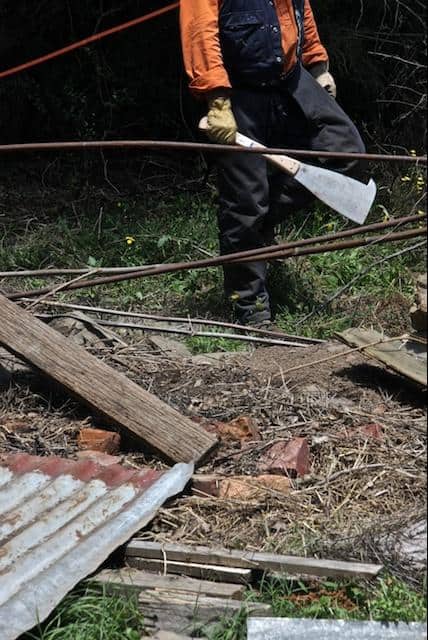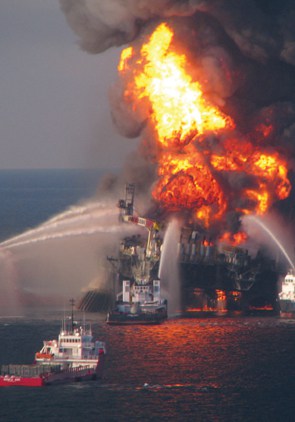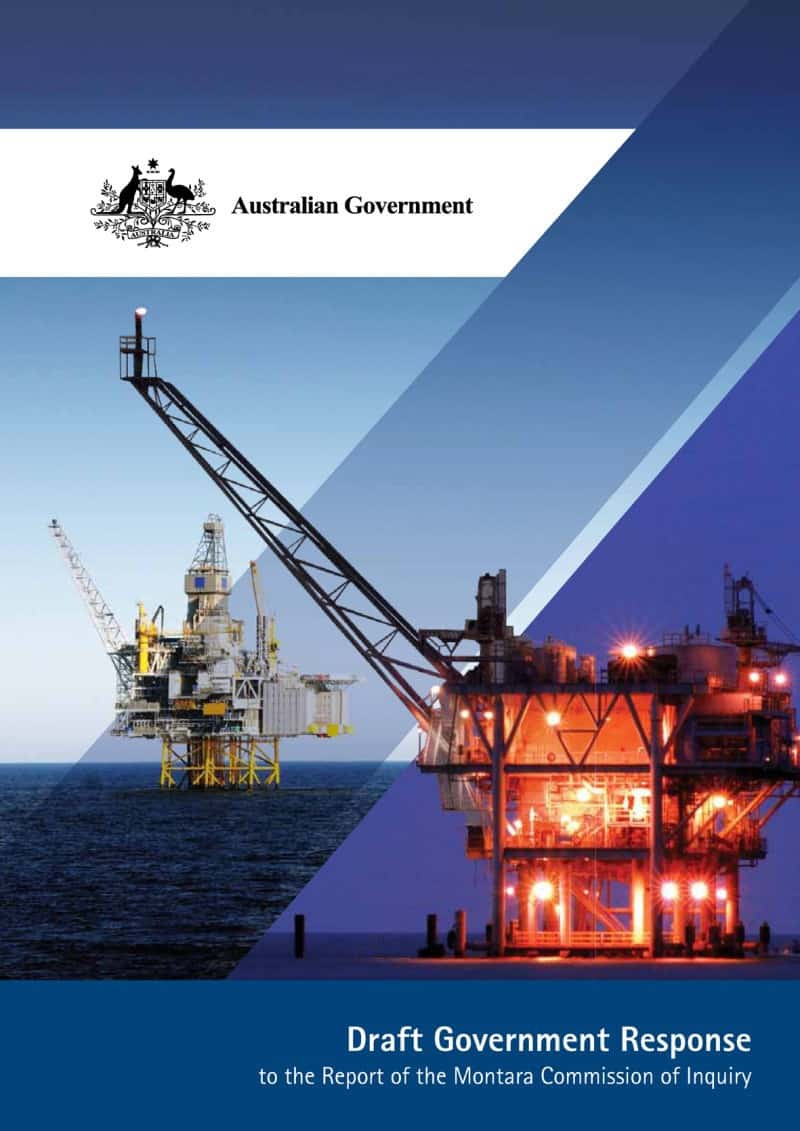At the end of May 2011, The Weekly Times newspaper reported that the Victorian Department of Sustainability and Environment
“has enforced limited use of ATVs by staff while it conducted a risk assessment on their use.”
SafetyAtWorkBlog has learned that a New South Wales government department has taken similar action through to August 2011.





